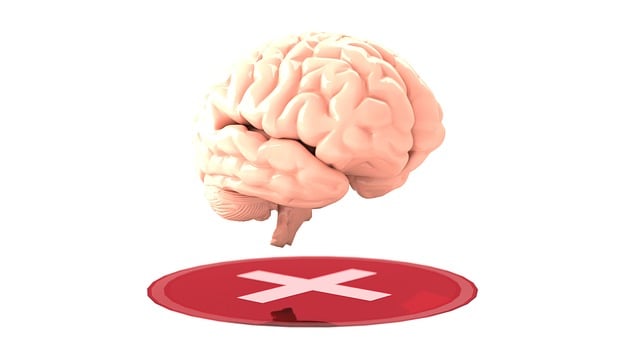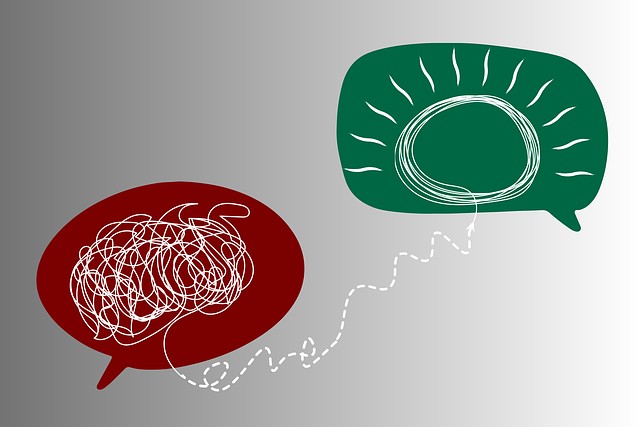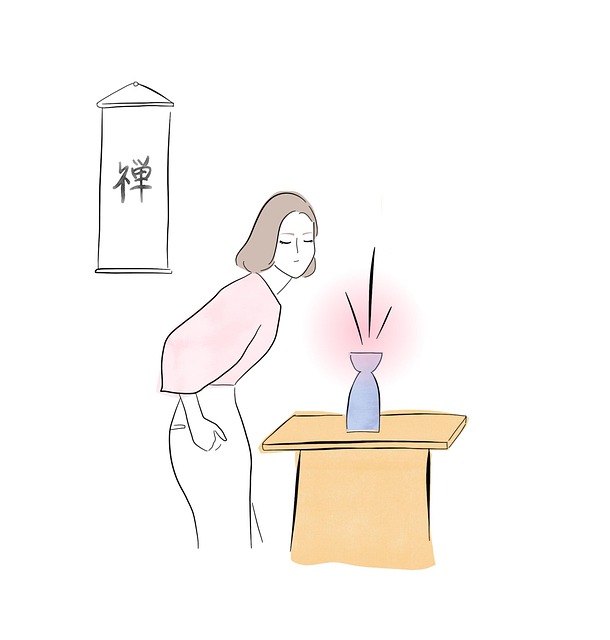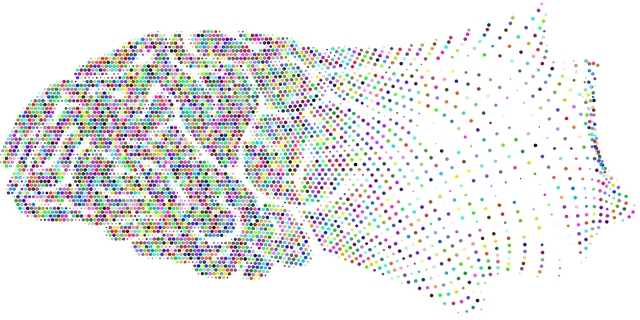Cultural sensitivity is a critical aspect of modern mental healthcare for young children experiencing psychosis, addressing unique challenges by recognizing and respecting diverse cultural beliefs and practices. Therapists create safe spaces, employ active listening, and provide culturally appropriate explanations to build strong therapeutic alliances. Self-care tailored to diverse contexts prevents burnout among healthcare providers. This holistic approach improves care quality, fosters equitable outcomes, and incorporates culture-tailored compassion cultivation for complex cases, ultimately enhancing clinical success in Therapy for Young Children Psychosis while respecting diverse cultures.
Cultural sensitivity is an essential aspect of mental healthcare, especially when treating young children experiencing psychosis. This article explores the intricate balance between cultural competence and therapeutic practice, focusing on strategies to enhance care for this vulnerable population. We delve into the challenges faced by therapists when navigating diverse cultural backgrounds, particularly in understanding psychosis within different communities. By examining these complexities, we aim to provide insights into improving outcomes for young children with psychosis through culturally sensitive therapy approaches.
- Understanding Cultural Sensitivity in Mental Healthcare
- Challenges and Considerations in Therapy for Young Children with Psychosis
- Strategies to Enhance Cultural Competence in Child Mental Health Practice
Understanding Cultural Sensitivity in Mental Healthcare

Cultural sensitivity is a cornerstone in modern mental healthcare practice, especially when treating young children experiencing psychosis. It involves recognizing and respecting diverse cultural beliefs, values, and practices that can shape an individual’s understanding of mental health and illness. In the context of therapy for young children with psychosis, this means creating a safe and inclusive environment where families feel comfortable sharing their unique perspectives and traditions.
Understanding cultural sensitivity is crucial in mitigating potential risks for both clients and mental health professionals. Effective communication strategies, such as active listening and clear, culturally appropriate explanations, foster strong therapeutic alliances. Moreover, self-care practices that account for the emotional demands of navigating diverse cultural contexts are essential to prevent burnout among healthcare providers. This holistic approach not only enhances the quality of care but also promotes equitable outcomes in mental healthcare services.
Challenges and Considerations in Therapy for Young Children with Psychosis

Treating young children with psychosis presents unique challenges within mental healthcare. As their brains are still developing, these young patients often exhibit distinct symptoms and experience profound delusions or hallucinations that can be difficult to manage. Therapists must approach this delicate situation with a deep understanding of cultural sensitivity, especially when working with families from diverse backgrounds. The goal is to create a safe space where children feel heard and understood, which can be hindered by language barriers, cultural taboos surrounding mental health, or differing beliefs about illness and treatment.
Incorporating compassion cultivation practices tailored to the child’s culture can foster trust and engagement. Trauma support services and crisis intervention guidance are also vital tools for therapists navigating these complex cases. By recognizing and addressing cultural considerations upfront, mental healthcare providers can significantly improve outcomes, ensuring that each young patient receives comprehensive care that respects their unique context and promotes healing.
Strategies to Enhance Cultural Competence in Child Mental Health Practice

Cultural sensitivity is paramount in child mental healthcare, as it ensures that young clients from diverse backgrounds receive tailored support. To enhance cultural competence, therapists can start by actively seeking self-awareness exercises to understand their own biases and perspectives. This introspection allows professionals to create a safe and inclusive environment for children and their families. By fostering self-awareness, therapists can better appreciate the unique cultural expressions of psychosis in young people, which may differ across ethnic groups.
Additionally, incorporating empathy-building strategies into therapy sessions is essential. These techniques help therapists connect with clients on a deeper level, understanding their experiences from diverse cultural viewpoints. This approach not only improves clinical outcomes but also promotes depression prevention by addressing the root causes of distress within a child’s cultural context. Through these strategies, mental health professionals can offer effective interventions for therapy for young children psychosis while respecting and embracing cultural differences.
Cultural sensitivity is an indispensable aspect of mental healthcare, especially when treating young children with psychosis. As therapists navigate complex cultural landscapes, they must adapt their practices to ensure inclusive and effective care. By recognizing the unique challenges faced by diverse communities and employing strategies to enhance cultural competence, professionals can significantly improve outcomes for young clients experiencing psychotic disorders. Integrating these insights into therapy for young children with psychosis fosters a more equitable and accessible mental healthcare system.











